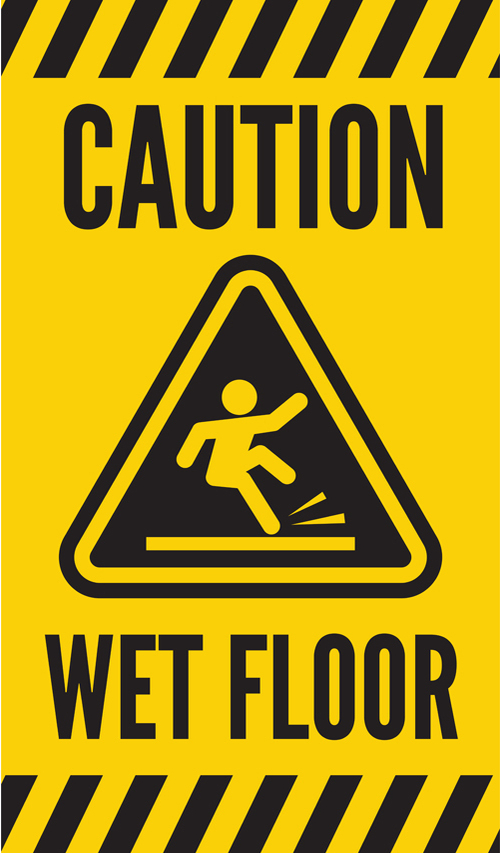by tfarino
Share
Share

The Four Elements of Negligence
Many personal injury cases revolve around the concept of proving negligence. You can’t sue for damages just because you had an accident and feel someone is to blame. There are four aspects to negligence that must be satisfied before a case can proceed. A personal injury lawyer is best qualified to evaluate a case to see if all the necessary elements are present.
Negligence Requires a Duty of Care
The first thing that needs to exist for any action, or lack of, to be considered negligent is a duty on someone’s part towards the injured party. There must be a relationship between the two where one has an obligation to look out for the interests of the other. A doctor operating on a patient, for example, clearly has a duty of care. In contrast, someone climbing over a high fence in order to trespass on private property would have a much harder time making the case that he has a relationship with the property owner and that the owner has a duty to ensure trespassers aren’t hurt while climbing over her fence.
Was the Duty Violated?
Once duty of care is established, it must be shown that it was breached. In other words, there must be evidence that the party accused of negligence didn’t take the obligatory actions to eliminate the possibility of harm or injury. Examples where this obligation is fulfilled include cleaning staff putting up wet floor signs when mopping, drivers obeying traffic laws, and business owners installing adequate lighting in stairwells. In these situations, failing to put up signs, running red lights, and not replacing burned-out light bulbs would be cases where duty of care was violated.
The Violation Must Directly Cause the Injury
It must be shown that if someone is hurt, that injury would not have occurred but for the failure of the accused party to fulfill his or her duty of care. So, if you trip over frayed carpet in a restaurant and fall, it may be that the restaurant owner is at fault for not replacing the carpet, as you would not have tripped on new carpeting. You can’t, however, seek compensation for the bad back you’ve had for years before the fall, as your back pain isn’t a direct result of your accident.
The Injury Must Result in a Loss
Injuries resulting from negligence must be shown to cause harm. This can be pain and suffering, medical expenses, lost wages, and other types of financial strain.

